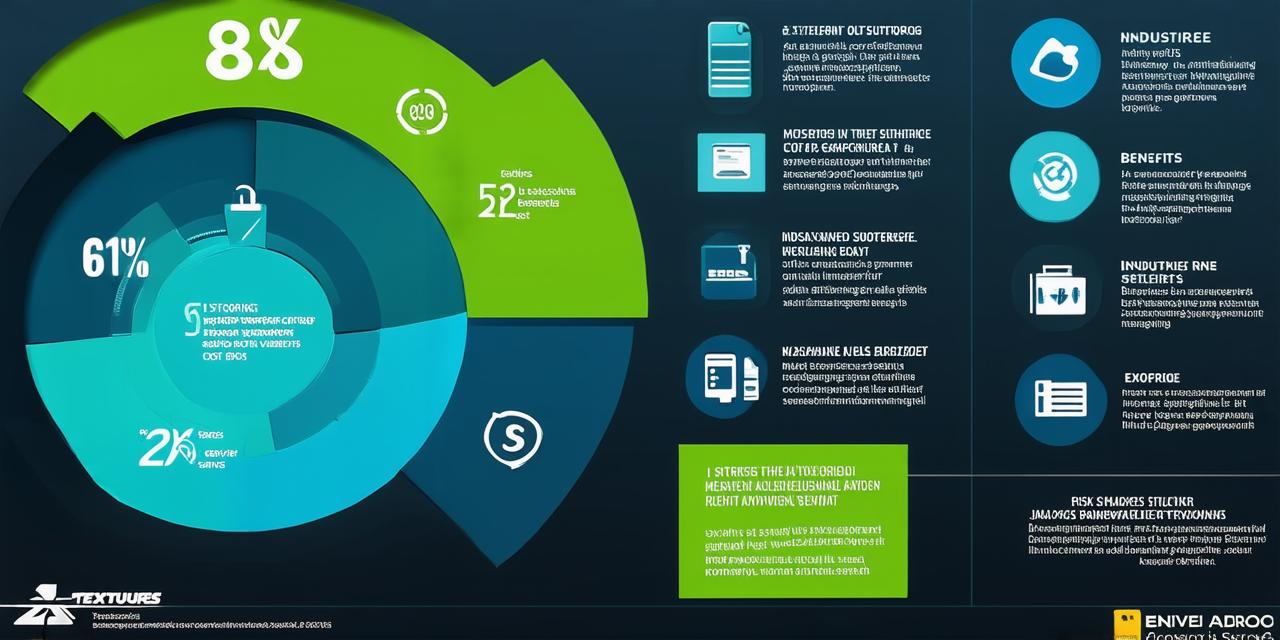Outsourcing what is it
BlogIn today’s fast-paced business world, companies are constantly looking for ways to improve efficiency and cut costs. One effective solution that many businesses turn to is outsourcing. In simple terms, outsourcing involves assigning specific tasks or processes to third-party service providers who specialize in those areas.
One of the main benefits of outsourcing is the ability to focus on what you do best and leave the more time-consuming or specialized tasks to professionals. For example, a small business owner might choose to outsource their company’s accounting needs, allowing them to spend more time focused on growing their business and less time worrying about financial reporting and compliance.
Outsourcing can also help businesses improve their efficiency by taking advantage of the expertise and resources of specialized service providers. For example, a business that is looking to expand its online presence might choose to outsource their website design and development, allowing them to take advantage of the skills and experience of professional web developers and designers.
Another benefit of outsourcing is the ability to scale operations up or down as needed. This can be especially useful for businesses that experience seasonal fluctuations in demand, such as a retail business that needs extra help during the holiday season. By outsourcing specific tasks or processes, a business can easily adjust its workforce and resources to meet changing demands without having to hire and train new employees.
Despite these benefits, many businesses are hesitant to outsource because of concerns about cost, security, and control. However, with the right approach, outsourcing can actually help businesses save money and improve their bottom line. For example, by outsourcing tasks that require specialized skills or expertise, a business can often pay less for labor than they would if they hired an in-house employee.
In addition, outsourcing can actually help businesses reduce their overall costs by eliminating the need for expensive equipment and infrastructure. This is especially true for small and medium-sized businesses that may not have the resources to invest in the latest technology or software.
Security is another concern that many businesses have when it comes to outsourcing. However, with the right precautions, outsourcing can be just as secure as keeping tasks in-house. For example, a business might choose to work with an outsourcing partner that has a proven track record of compliance and security, or they might implement strict data security protocols and monitoring tools to ensure that their sensitive information is protected.
Finally, control is a concern for many businesses because they worry about losing autonomy over their operations. However, by carefully selecting the tasks they outsource and working closely with their outsourcing partners, businesses can maintain full control over their operations while still taking advantage of the benefits of outsourcing.
One example of a company that has successfully implemented outsourcing is XYZ Inc., a small business owner who runs an e-commerce store. Initially, XYZ handled all aspects of her business, including order fulfillment, shipping, and customer service. However, as her business grew, she realized that she didn’t have the time or resources to handle these tasks in-house anymore.
So, she decided to outsource her order fulfillment and shipping processes to a third-party provider who specialized in these areas. This allowed XYZ to focus on growing her business and improving her customer service without having to worry about the logistics of shipping and order fulfillment.
Overall, outsourcing can be a powerful tool for businesses looking to improve efficiency, reduce costs, and scale their operations up or down as needed. By carefully selecting the tasks they outsource and working closely with their outsourcing partners, businesses can take advantage of the benefits of outsourcing while minimizing the risks and concerns that come with it.
FAQs:

1. What are some common tasks that businesses outsource?
- Accounting, bookkeeping, and tax services
- Website design and development
- Customer service and support
- Marketing and advertising campaigns
- IT support and infrastructure management
- Human resources and talent acquisition
- Social media management and content creation
2. How do I find the right outsourcing partner for my business?
- Research potential partners online and read reviews from other businesses that have worked with them
- Request proposals from multiple partners to compare their services and pricing
- Ask for references and case studies to see how they have helped other businesses
- Look for a partner that specializes in the specific tasks you need help with and has experience working with businesses in your industry
3. What are some common risks of outsourcing?
- Loss of control over operations
- Security breaches or data theft
- Quality issues or lack of expertise from service providers
- Miscommunication or misunderstandings between in-house staff and outsourcing partners
